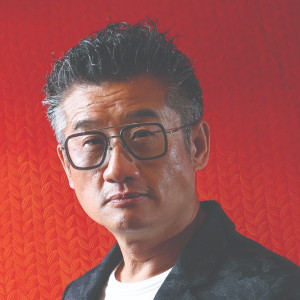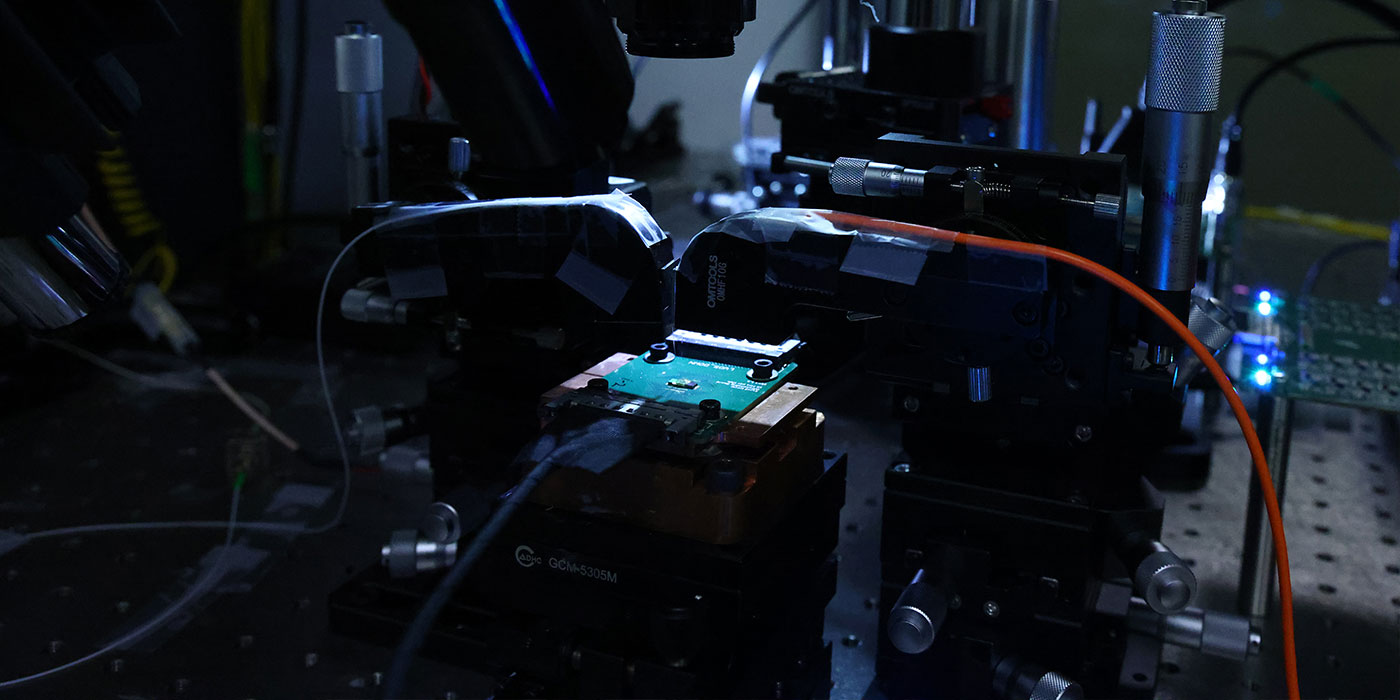The CUHK research group led by Professor Tony Mok Shu-kam has decoded the common mutated genes in lung cancer and developed targeted therapies that have successfully increased patients’ lifespans. These innovative therapies redefined global paradigms in lung cancer treatment, providing patients with fresh hope. Professor Mok has established himself as one of the leading oncologists of the world, with his work on targeted EGFR inhibitors marking a significant milestone in the use of immunotherapy.
The grand challenge
Lung cancer is one of the deadliest killers of the world, with some statistics estimating that it accounts for 1.8 million deaths every year. Yet such is its complexity that 20 years ago there was no specific way with which it could be targeted and treated. Back when Professor Mok started researching the subject, more than 70% of patients who had lung cancer only showed symptoms when their illness was already significantly advanced. Even when they were diagnosed, the prognosis was often extremely dire, with patients given at most a year or so to live, a short period of time which chemotherapy only helped extend by a few months.
It was in 2004 when a team from Harvard discovered that epidermal growth factor receptor (EGFR) mutations were responsible for cases of lung cancer. This is particularly prevalent amongst Asian cancer patients, 30-40% of whom normally do not have a smoking habit, compared to a third of that in other regions. “It was therefore imperative that there was a study suited to the situation in Asian countries, and I had built up a research network of Asian scientists around that period,” Professor Mok says. With CUHK as his base, he conducted his IRESSA Pan-Asia Study (IPASS) — a large-scale study that involved more than 1,200 patients — and they announced their major breakthrough in 2008.
Professor Mok explains that many of the EGFR mutations that cause lung cancer are caused by driver oncogenes, and that the best way to prevent the growth of cancer cells is to cut down the signalling pathway. His groundbreaking paper, published in the prestigious New England Journal of Medicine in 2009, has subsequently been cited more than 10,000 times.

Overcoming struggles
Professor Mok emphasises that the academic freedom of CUHK allowed him to undertake this research project, and he has benefitted from the many collaborations with other staff at the Faculty of Medicine. “As long as you follow certain principles, the space for collaboration is vast.” Besides CUHK, he suggests that being based in Hong Kong has been beneficial to his research. The IPASS study drew on patients from nine different countries and regions, and he suggests that the city’s connections to Southeast Asia, and mainland China in particular, have been a boon for his research processes. “One of the visions I had when coming back was that I needed to work in China.”
Nevertheless, the process of research still presented Professor Mok with many obstacles. “When you are doing research, it can only be positive or negative. How do we learn from a negative study?” The professor says that his research was initially stymied by the treatment of lung cancer as a single disease; it was only when they started treating it as a collection of different diseases that they finally broke through. From there on, it was relatively plain sailing: as Professor Mok says, “Once you have a breakthrough, you can have a lot of results.”
Discoveries
“Now we are level with researchers in Western countries, and realising the significance of EGFR inhibitors played a huge part in that.”
— Professor Tony Mok
Once Professor Mok and his team discovered that they should be treating each cancer case individually, they started researching medicines that could respond more effectively to the diseases. In addition to only helping the patient survive a few extra months, chemotherapy also causes the patient intense discomfort and can only deal with the disease generically. Professor Mok discovered that the use of EGFR inhibitors was much more effective, acting as targeted medicine on patients and improving their quality of life. “Each new medicine needs a Phase III study before it can be marketed, and you need to do a lot of research work for that.” Thanks to his research, no less than eight medicines have been approved for sale. The targeted immunotherapies his team developed have successfully increased patients’ lifespans by at least two years. The therapies are now adopted as clinical applications in more than 75 countries. Professor Mok cites in particular the circulation of third-generation EGFR inhibitor Tagrisso as a major breakthrough. In his 2017 study published in the New England Journal of Medicine, he found the drug to be particularly useful in dealing with lung cancer, and it now annually has US$5 billion in turnover.
Despite all his achievements: the paradigm shift of the IPASS study, the advances in care for lung cancer patients — Professor Mok still wishes to continue his research and guiding other researchers for the future. “Hong Kong and Southeast Asia never had a significant role in lung cancer research,” he says. “Now we are level with researchers in Western countries, and realising the significance of EGFR inhibitors played a huge part in that. But I hope this can be continued, so now my responsibility is to help younger researchers to shine on the international stage.”











